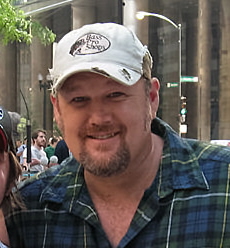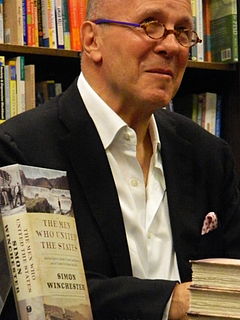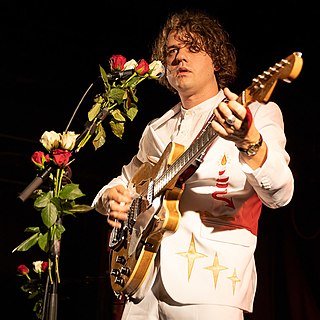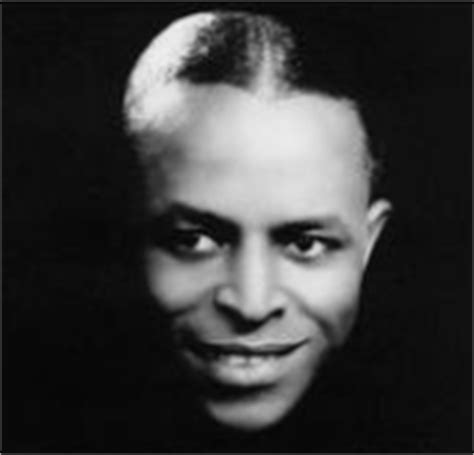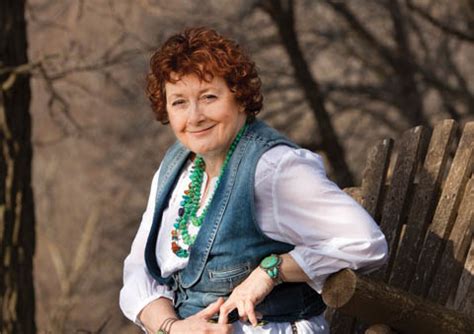A Quote by Allen C. Guelzo
One thing which Stephen A. Douglas was temperamentally incapable of doing was admitting he was wrong. He always believed that 'popular sovereignty' - the core doctrine of the Kansas-Nebraska Bill - was the right solution to the slavery controversy; and even though it had failed to solve much of anything in Kansas and Nebraska, he stubbornly insisted that this was because it had never been adequately tested.
Related Quotes
Kansas is not easily impressed. It has seen houses fly and cattle soar. When funnel clouds walk through the wheat, big hail falls behind. As the biggest stones melt, turtles and mice and fish and even men can be seen frozen inside. And Kansas is not surprised. Henry York had seen things in Kansas, things he didn't think belonged in this world. Things that didn't. Kansas hadn't flinched.
If I was going for the popular vote I would've won easily. But I would've been in California and New York. I wouldn't have been in Maine. I wouldn't have been in Iowa. I wouldn't have been in Nebraska and all of those states that I had to win in order to win this. I would've been in New York, I would've been in California. I never even went there.
The Eternal Kansas City song came from a dream sequence. It was actually kind of weird. I had this dream about a Kansas City type of thing while I was up at Stevie Winwood's place near Cheltenham, in Britain. I went into this small town and I was walking along and this dream thing was still in my head.
No one who reads this book will remain unchanged or unaffected-Julene Bair's story arcs from the cornfields of Kansas and Nebraska to the food on our tables and the gas in our cars. There is always a price to be paid, she reminds us, for the pleasures and comforts of this day. If you read only one memoir this year, this is the one to read and pass along.

